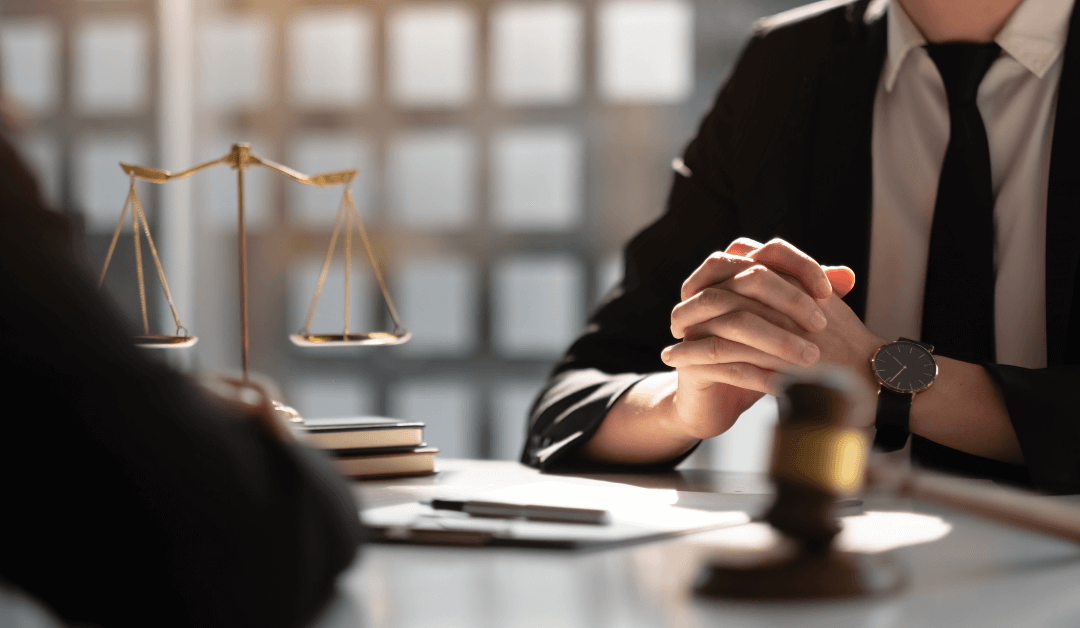Are you stuck between a rock and a hard place, feeling as if your financial troubles have been compounded into one enormous headache?
While the thought of filing for bankruptcy may be intimidating initially, it can provide tremendous relief when managed correctly. In this blog post, we’ll explore the basics of bankruptcy law to give you an understanding of how valuable it can be when working through complex financial decisions.
So sit back, relax, and let’s dive right in!
Arturo R. Alfonso, P.A. is the best bankruptcy attorney in Miami; and has been helping individuals file for bankruptcy for over twenty-five years. We have the knowledge and experience to help you.
If you are ready to leave your debt and live life, now is the time. It all begins with hiring the offices of Arturo R. Alfonso. Our team has helped hundreds of people settle their outstanding debts and regain financial freedom.
Don’t settle for just any lawyer. Call us today to see what we can do for you.
What is Bankruptcy Law?
Bankruptcy law is a process that helps individuals and businesses with debt problems. This type of law exists to give people a fresh start by discharging some or all of their debts.
In addition, it protects people from creditors. They are stopped from taking specific actions against the debtor, such as wage garnishment or foreclosure.
Bankruptcy Law Overview
There are two main types of bankruptcy that consumers can file: Chapter 7 and Chapter 13.
Chapter 7 bankruptcy is also known as liquidation bankruptcy. In this type of bankruptcy, the court appoints a trustee to sell your nonexempt assets and use the proceeds to pay your creditors. You – the debtor, will then be discharged from most of your unsecured debt.
Chapter 13 bankruptcy is also known as ‘reorganization bankruptcy.’ In this type of bankruptcy, the debtor creates a repayment plan to repay their debts over three to five years. The end of the period will discharge any remaining debt.
Bankruptcy Law Terminologies:
When going through bankruptcy, you need to understand the following commonly used words and phrases:
Bankruptcy Exemptions
Certain assets may be exempt from being sold in a Chapter 7 bankruptcy. These exemptions vary by state but may include the debtor’s primary residence, essential household belongings, and retirement accounts. In a Chapter 13 bankruptcy, the debtor may be able to keep all their assets.
Debt Relief
Bankruptcy can relieve many types of debt, including credit card debt, medical bills, and personal loans. However, some types of debt cannot be discharged in bankruptcy, such as child support payments, alimony payments, and student loans.
Credit Counseling
Before filing for bankruptcy, the debtor must receive credit counseling from an approved provider. This counseling must take place within 180 days of filing for bankruptcy.
Debt Consolidation
Sometimes, it may be possible to consolidate debts through a non-bankruptcy process known as debt consolidation. This can lower monthly payments and reduce the overall amount owed. However, it is essential to note that consolidating debts will not reduce the principal amount owed or eliminate interest charges.
Foreclosure Defense
If you face foreclosure on your home, bankruptcy can protect you from lenders. In a Chapter 7 bankruptcy, you can temporarily stop foreclosure proceedings by surrendering your home to the lender.
In a Chapter 13 bankruptcy, you can catch up on past-due mortgage payments over time and save your home from foreclosure.
Wage Garnishment Defense
Filing for bankruptcy can stop this process if you are facing wage garnishment. Once you file for bankruptcy, an automatic stay goes into effect, stopping most creditors from taking collection actions against you.
This includes wage garnishment and other actions like foreclosing on your home or repossessing your car. However, this rule has some exceptions – for example, if you have unpaid taxes or child support payments.
Creditor Harassment
If creditors are harassing you, filing for bankruptcy can end this behavior. Once you file for bankruptcy, creditors are no longer allowed to contact you directly – they must go through your lawyer or the court system instead.
Bankruptcy Court
The bankruptcy court is a legal venue where bankruptcies are filed and adjudicated. The bankruptcy court can discharge debts, order the liquidation of assets, and appoint a trustee to oversee the bankrupt individual or business’s affairs.
Bankruptcy Protection
Bankruptcy protection is a legal status available to individuals and businesses who cannot repay their debts. When an individual or business files for bankruptcy, its assets are protected from seizure by creditors. This protection allows the debtor to reorganize their finances and repay their debts over time.
Bankruptcy Process
The bankruptcy process is the legal process through which an individual or business can obtain relief from their debts.
The process begins with the filing of a petition with the bankruptcy court. This is followed by a period of financial counseling and the development of a repayment plan. In addition, in case the court approves the repayment plan, the debtor will make payments to their creditors over some time, typically three to five years.
Once the repayment plan is completed, the debtor will be discharged from their remaining debt.
Contact Arturo R. Alfonso for all Your Bankruptcy Legal Needs!
If you are considering bankruptcy, get a good lawyer to help. Arturo R Alfonso, P.A. has been helping Floridians for over twenty-five years in bankruptcy cases, and we are ready to take on your case.
We are the best and can handle all types of bankruptcies. In addition, we can also help with the following:
- Alimony & Spousal Support
- Child Law
- Divorce Law
- Annulments
- Family Law
- Real Estate Law
- Bankruptcy Law
Please call us today. We are at 7821 Coral Way, Suite 125, Miami, FL 33155 (305) 266-9584!

